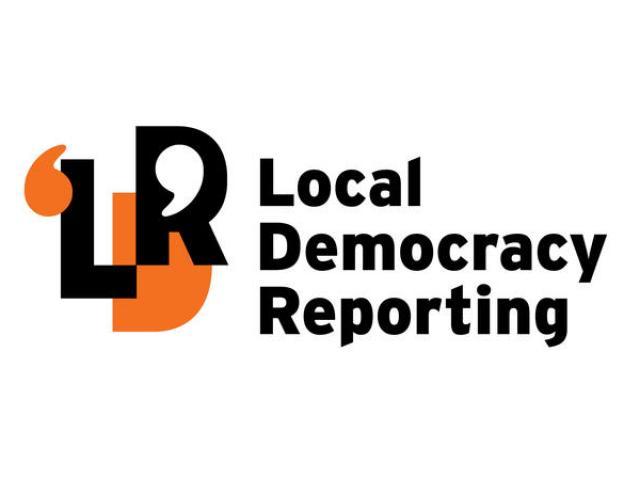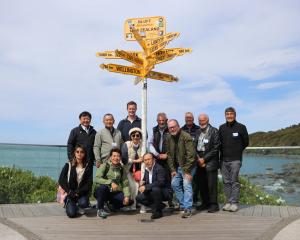
On October 11, Southland Mayor Rob Scott wrote to Transport Minister Simeon Brown explaining the issues his council faced trying to maintain its 5000km network — the second-largest in the country.
A copy of the letter was included in an agenda for this week’s council meeting alongside information on the region’s roads.
Mr Scott said the average Southland resident was responsible for the cost of 151m of road compared with 4m for every Aucklander.
"Noting the size of our roading network ... with only 21,000 ratepayers to cover its costs, our people feel the pinch of every dollar that we spend."

But even then, NZ Transport Agency Waka Kotahi approved only $125m, leaving the council "stranded" and needing to find a sum which was the equivalent of an 18% rates increase, he said.
Some of the cuts already proposed by staff were not satisfactory, such as dropping edge markings to save $1.2m.
"At face value this might not sound like a big issue, but it is a significant safety concern, especially in our 100kmh rural roads. We don’t have streetlights, and at night and/or poor weather conditions these lines are a vital tool in monitoring one’s position on the road."
Three requests were laid out to the minister — reconsider the request for the full $147m, remove "ring-fencing" budgets so the council could redistribute funds within its roading programme, and make funding assistance rates more equitable.
Information included in the council agenda said the Southland roading network was made up of 3000km of unsealed and 2000km of sealed roads. There were 840 bridges, 56 of which were either closed or had weight restrictions.
Mr Scott said he had met Mr Brown once since sending the letter.
"The numbers are hard to argue with there, and I’m optimistic that we’ll get to a good outcome."
No council in New Zealand had received the full amount requested, Mr Brown said.
"There are always more bids for funding than there is money available, and NZTA must prioritise funding across the entire country."
He had forwarded Mr Scott’s letter to the authority and asked it to find a solution to the line-marking issue. — LDR is local body journalism co-funded by RNZ and NZ On Air.












